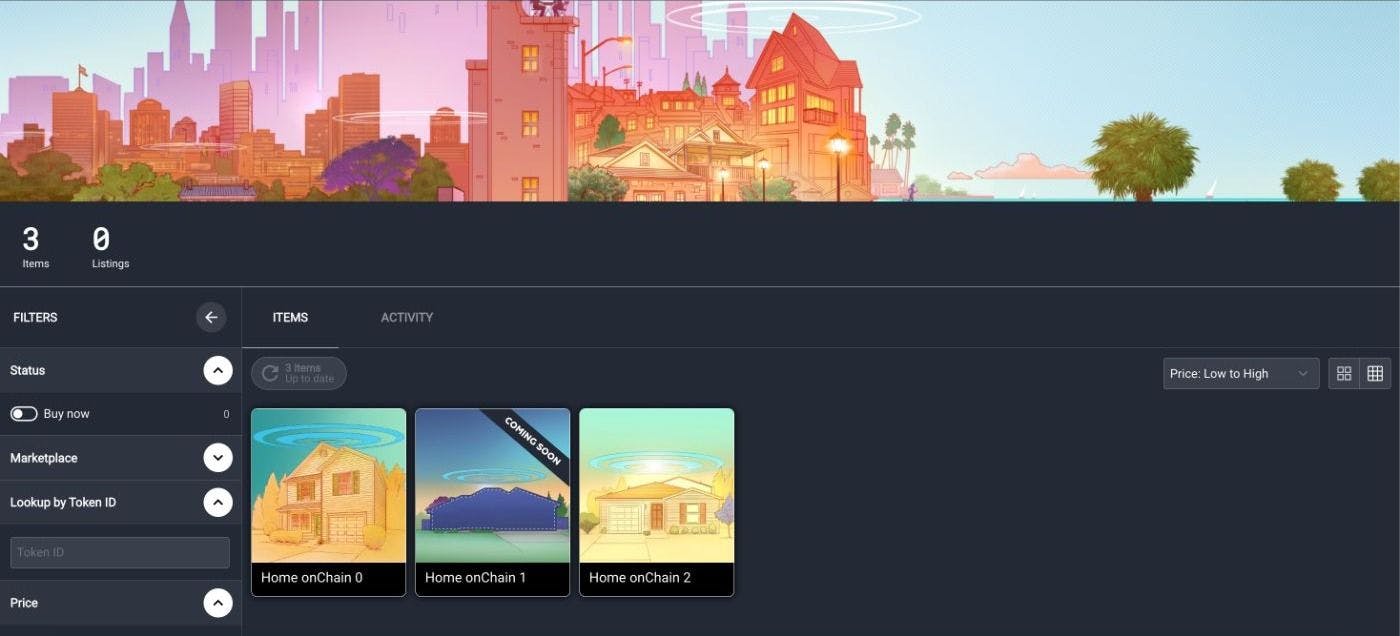Audio Presented by

Origin Protocol is a leader in NFT marketplace infrastructure (OGN) and decentralized stablecoin yields (OUSD).
Story's Credibility





About Author
Origin Protocol is a leader in NFT marketplace infrastructure (OGN) and decentralized stablecoin yields (OUSD).
